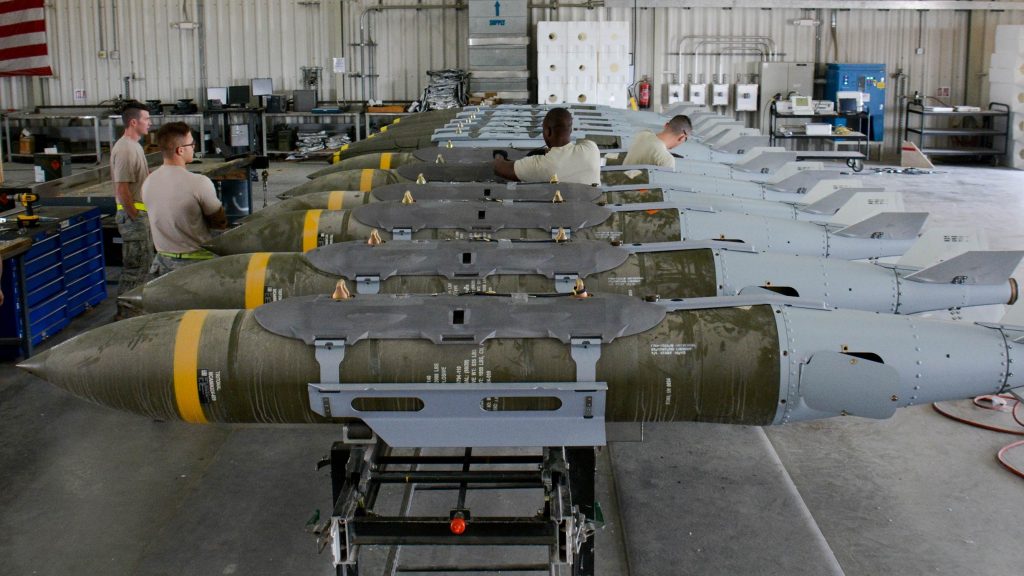Africa
Amid biting hardship, cement manufacturers in Nigeria announce $448m profit

The three major manufacturers of cement in Nigeria have a recorded profit of 448,124,026.00 Million US Dollars (710.03 billion Naira) as significant upsurge in sales and considerably higher prices led to more gains.
The trio of Dangote Cement, BUA Cement and Lafarge Africa recorded substantial growths in sales and profitability.
This happens amid biting hardship under the Bola Tinubu-led Nigerian government.
Total sales by the companies rose from N2.35 trillion in 2022 to N3.076 trillion in 2023. Also, operating profit increased from N799.79 billion in 2022 to N910.99 billion in 2023.
Profit before tax however, dropped from N713.89 billion in 2022 to N710.03 billion in 2023.
The decline in pre-tax profit was largely due to BUA Cement, which saw a considerable slowdown in profitability.
After taxes, net profit for the firms rose from N536.97 billion in 2022 to N576.17 billion in 2023.
The three cement companies exclusively controlling the local cement market, the vast ownership of the companies are also held by three entities.
Alhaji Aliko Dangote holds 85.8 per cent majority equity stake in Dangote Cement. Alhaji Abdul Samad Rabiu holds 95.79 per cent controlling shares in BUA Cement while French multinational, Holcim Limited, holds 83.81 per cent in Lafarge Africa.

The cement manufacturers, which enjoy exclusive cement production and sales, have come under intense searchlight as cement prices skyrocketed.
Nigeria banned importation of cement under former President Muhammadu Buhari, leaving the three domestic producers as the sources for the nation’s vast cement requirements.
As demand increased, the average cement price had more than doubled from N4,000 to N8,000. The Nigerian Institute of Quantity Surveyors (NIQS) estimated that price of a 50kg bag of cement rose by some 150 per cent from N4,500 in January to about N13,000 in February. Following public outcry, cement manufacturers at a meeting with the government, agreed to an average of N7,000 per 50kg of cement.
A company-by-company analysis showed that Dangote Cement controls more than two-thirds of the cement majors.
Dangote Cement’s turnover rose from N1.62 trillion in 2022 to N2.21 trillion in 2023.
Operating profit leapt from N585.88 billion in 2022 to N734.27 billion in 2023. Profit before tax increased from N524.0 billion to N553.10 billion. Profit after tax rose from N382.31 billion to N455.58 billion.
With earnings per share rising from N22.27 in 2022 to N26.47 in 2023, the board of directors of Dangote Cement has recommended increase in dividend payout from N20 per share for 2022 to N30 per share in 2023.
Lafarge Africa’s sales rose from N373.24 billion in 2022 to N405.50 billion in 2023. Operating profit increased from N84.19 billion to N102.02 billion. Profit before tax rose from N69.74 billion to N80.7 billion. Net profit however, slipped from N53.65 billion to N51.14 billion.
Lafarge is reducing dividend per share from N2 for 2022 to N1.90 for 2023, aligning its dividend trend with its net performance.
BUA Cement, which upstaged Lafarge to become the second largest by turnover, grew sales from N361 billion in 2022 to N460 billion in 2023.
The company however, saw considerable decline in its profitability. Operating profit dropped from N129.72 billion in 2022 to N74.7 billion in 2023. Profit before tax halved from N120.15 billion to N67.23 billion. Net profit dropped from N101.01 billion to N69.45 billion. The board of BUA has recommended reduction in dividend per share from N2.80 for 2022 to N2 for 2023.
BUA Cement’s performance was compounded by forex losses, which jumped from N5.50 billion in 2022 to N69.96 billion in 2023.
Amid concerns about the skyrocketing cement prices, BUA Cement had announced ex-factory price of N3,500 per 50kg of cement. It however, blamed saboteurs for the failure of the price reduction, after market survey showed BUA Cement’s prices remained within the sector’s average.
Market analysts said cement demand is expected to remain high, raising the possibility of elevated prices in the absence of significant shifts in market structure and turnover. While cement manufacturers had blamed costs of production, especially energy cost, for the doubling prices, many stakeholders had blamed the oligopolistic structure of the market.
The Federal Government had also threatened to break the monopoly being enjoyed by the domestic manufacturers by allowing importation of cement. With cement prices significantly cheaper in neighbouring countries, Minister of Housing and Urban Development, Ahmed Dangiwa said there was no justification for the percentage increase in cement price.
The NIQS said it would support the opening of the borders for cement importation if the domestic cement manufacturers fail to reduce cement prices.
NIQS President Kene Nzekwe said cement manufacturers were holding the country to ransom with about 100 per cent to 150 per cent increase in price within just six weeks.
He said: “We support the minister’s threat to cement manufactures about opening the border for importation and we hope it goes beyond a threats and the government actually does it because the manufacturers are holding Nigeria to ransom.”
Nzekwe said the steep increase in prices of cement and other construction materials had adversely affected the construction industry.
He added: “This ugly trend is making it more difficult for prospective clients to afford construction projects and has forced many projects to stall, pushing contractors into financial distress. The repercussions extend beyond stalled projects; it impedes the development of crucial infrastructure such as roads, hospitals, and educational facilities.
“Private sector investors are also reluctant, creating an adverse cycle that hampers economic growth and job losses in the construction industry.”
For Diaspora Digital Media Updates click on Whatsapp, or Telegram. For eyewitness accounts/ reports/ articles, write to: citizenreports@diasporadigitalmedia.com. Follow us on X (Fomerly Twitter) or Facebook










